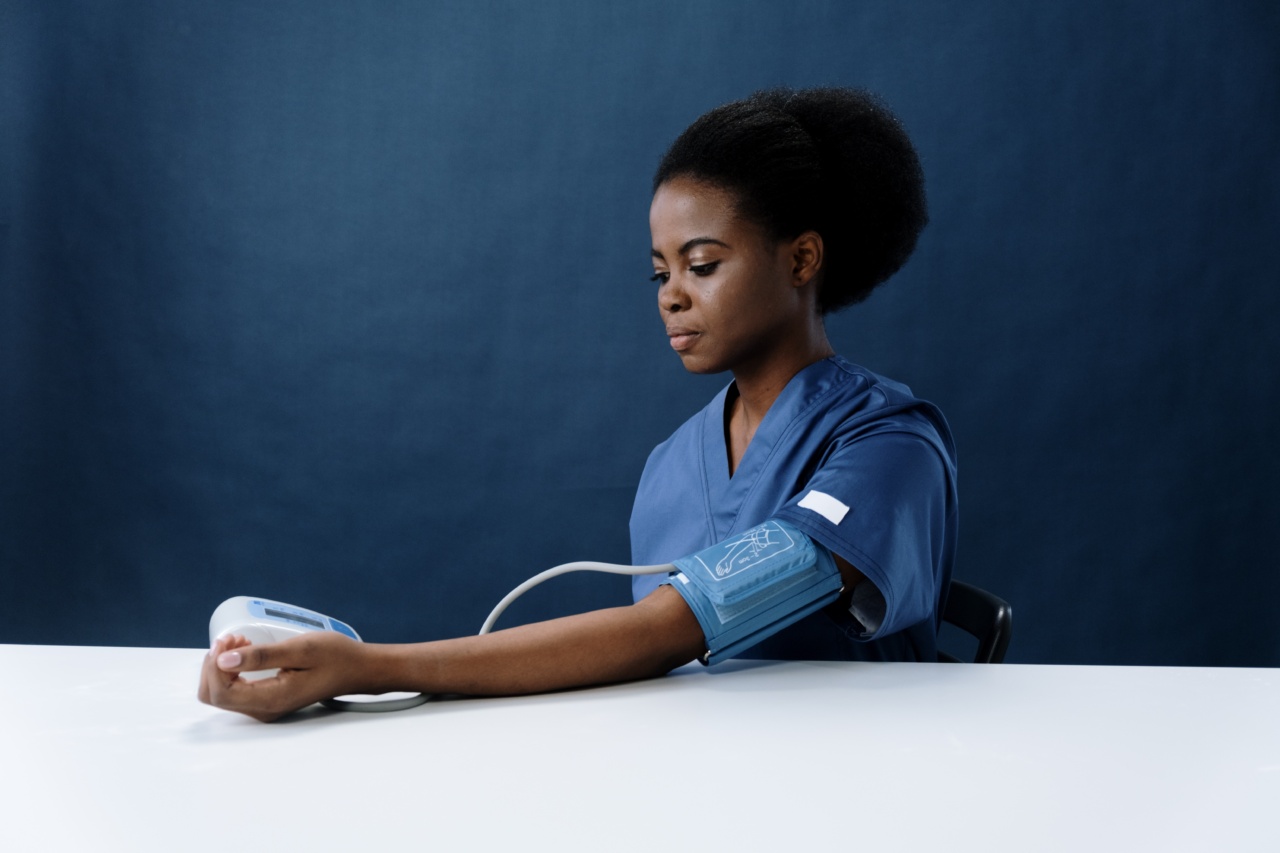It is well-known that hypertension (high blood pressure) is a significant health concern for many people, with a range of potential risk factors including lifestyle, genetics, and age.
However, research has also shown that there may be a link between hypertension and menstrual cycles, particularly in women. In this article, we will explore the potential connections between periods and hypertension, and what women should know about these factors.
What is Hypertension?
First, it is essential to understand what hypertension is.
Blood pressure is the force of blood against the walls of your blood vessels, and it is measured using two numbers: systolic pressure (the top number) is the pressure when your heart beats, while diastolic pressure (the bottom number) is the pressure when your heart is at rest. Hypertension is when this pressure is consistently too high, which can cause damage to your organs over time.
The Links Between Menstrual Cycles and Hypertension
Several studies have focused on the relationship between menstrual cycles and hypertension, with some findings indicating that women who experience irregular menstrual cycles or other menstrual abnormalities may have a higher risk of developing hypertension.
Polycystic Ovary Syndrome (PCOS)
One reason for this link may be polycystic ovary syndrome (PCOS), a common hormonal disorder that affects up to 10% of women of reproductive age.
PCOS can lead to an irregular menstrual cycle, as well as other symptoms such as acne, weight gain, and excess hair growth. Research suggests that women with PCOS may have a higher risk of developing hypertension, possibly due to insulin resistance or other related factors.
Menopause
Another factor that can impact the link between periods and hypertension is menopause. As women approach menopause, their levels of estrogen (a hormone that helps regulate blood pressure) decrease, which can lead to an increase in blood pressure.
Studies have found that postmenopausal women are more likely to develop hypertension, and that hormone replacement therapy may help reduce this risk to some extent.
Pregnancy-Induced Hypertension
In addition to the impact on non-pregnant women, there is also a specific type of hypertension that can occur during pregnancy called pregnancy-induced hypertension.
This condition, also known as preeclampsia, is characterized by high blood pressure and damage to other organs, such as the kidneys. Preeclampsia can be life-threatening if left untreated, and it often requires early delivery of the baby to prevent complications. Women who experience preeclampsia during pregnancy are also at a higher risk of developing hypertension later in life.
How to Manage Hypertension
If you are experiencing hypertension or are concerned about your blood pressure, it is important to speak with your doctor or healthcare provider.
They can help assess your risk factors and provide recommendations for managing your blood pressure, which may include lifestyle changes (like getting regular exercise, eating a healthy diet, and reducing alcohol consumption), medication, or other interventions as needed.
Conclusion
While there is still much to learn about the connections between menstrual cycles and hypertension, we do know that there are potential links between these factors that may impact women’s health.
By staying informed about the potential risks of hypertension and seeking appropriate medical care when necessary, women can take proactive steps to maintain their overall health and well-being.






























